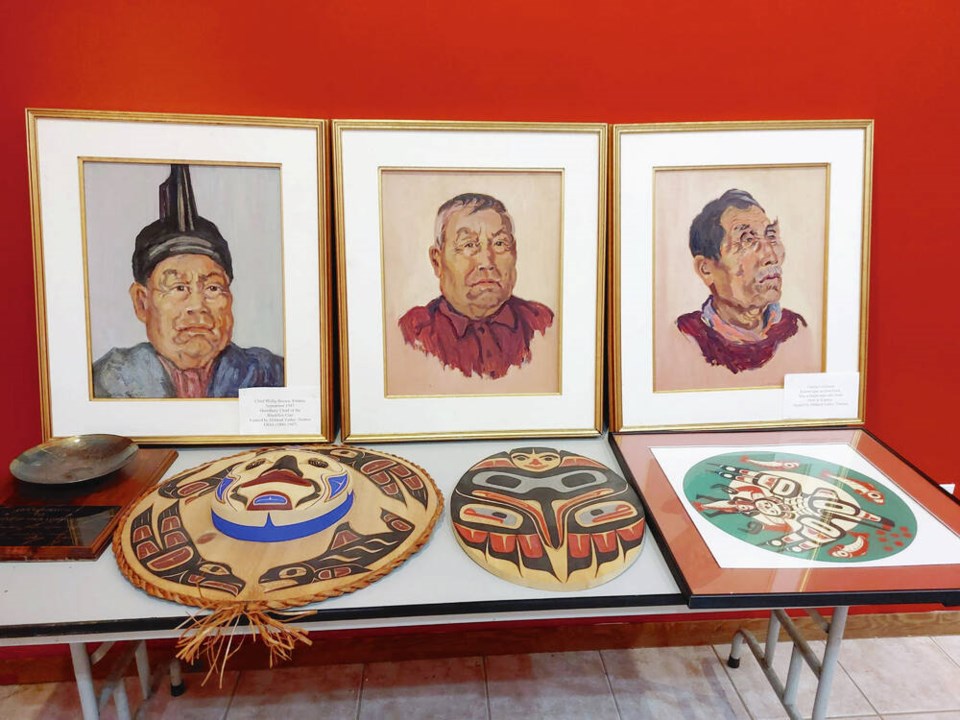Four First Nations cultural heritage projects on the Island will receive support from a $5.4 million fund being distributed by the Victoria-based First Peoples’ Cultural Council.
To qualify for the funding, which is provided by the province, the projects must maintain or develop First Nations heritage infrastructure, which could include building a museum, restoring a cemetery or upgrading a trail to an important cultural area.
Sixteen projects will receive the funding, which is vital to ensure Indigenous heritage in B.C. is protected for future generations, said Karen Aird, the council’s heritage program manager.
On the Island, the Tla-o-qui-aht First Nations in Tofino received $400,000 to help with the renovation and upgrade of the Meares Island Cultural Centre and pathway, while the Stz’uminus Education Society in Ladysmith received $392,090 for an educational trail, the Snuneymuxw First Nation in Nanaimo got $395,000 for expansion of its long house and the Stqeeye’ Learning Society on Salt Spring Island received $400,000 for its learning centre project.
The council received 63 applications that were reviewed by First Nations experts.
Projects receive two-year funding to conserve structures, culture and heritage sites, landscapes and buildings. The work is to be done by February 2024.
“The B.C. Government is committed to working with Indigenous Peoples on a path towards lasting reconciliation,” said Nathan Cullen, Minister of Municipal Affairs. “Supporting projects that contribute to First Nations communities as they work to secure their cultural and other significant spaces, is one way the Province is contributing to that much broader and critical goal.”




